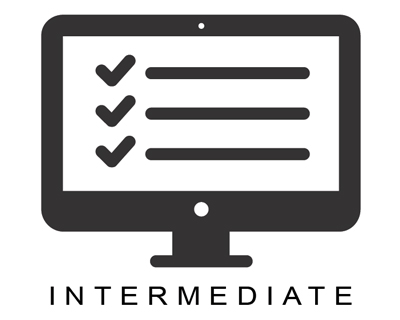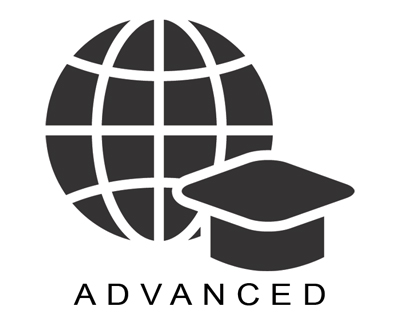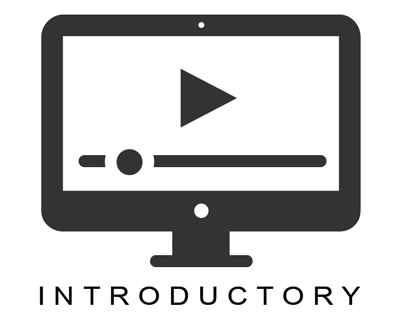This session explores effective techniques for composting liquids, including dairy waste, blood, liquid manure, and other high-BOD materials. By using thick carbon layers to absorb liquids and forming structured windrows, large volumes can be composted efficiently. Practical strategies and benefits of liquid composting will be discussed. The content of this course is covered by Copyright… Continue reading FEE.228-Composting Eggs Milk Whey Manure Blood and Other Diffi…-AC25.USCC
Blog
FEE.314-Composting Sugar Processing Byproducts-AC25.USCC
This study explores how treatment temperature and storage impact the microbial composition of sugarcane mill mud, a nutrient-rich byproduct of raw sugar production. Findings show that mill mud aging follows similar patterns to composting, influencing its chemical and microbial properties. Various activation methods to enhance its value as a biostimulant will also be discussed. The… Continue reading FEE.314-Composting Sugar Processing Byproducts-AC25.USCC
MAR.124-Plugging Compost Into National Markets-AC25.USCC
Expanding compost markets is crucial for sustaining and growing the composting industry. This session will discuss the need for a centralized Compost Market Expansion Toolkit, providing resources like model ordinances, usage guidelines, and application data. It will also highlight funding needs to maintain and promote this platform. The content of this course is covered by… Continue reading MAR.124-Plugging Compost Into National Markets-AC25.USCC
POL.129-Want to Advocate for More Composting – USCC Tools and Prog…-AC25.USCC
Learn about the tools available to stay informed on compost-related legislation, engage in advocacy, and influence policy changes. This session will cover grassroots strategies, zoning and permitting reforms, and how USCC’s policy programs shape national compost industry regulations. The content of this course is covered by Copyright and Licensing, Privacy and Terms of Service and… Continue reading POL.129-Want to Advocate for More Composting – USCC Tools and Prog…-AC25.USCC
POL.128-How Grassroots Engagement Can Solve Policy Problems-AC25.USCC
This presentation will explore effective public engagement and grassroots advocacy strategies for controversial organics projects in 2024. It will cover digital tools, community engagement, and influencing decision-makers in a rapidly evolving landscape, offering insights on maintaining a strong reputation and securing project approvals. The content of this course is covered by Copyright and Licensing, Privacy… Continue reading POL.128-How Grassroots Engagement Can Solve Policy Problems-AC25.USCC
POL.242-PFAS 2025: Key Regulatory Updates Shaping Composting’s F…-AC25.USCC
This session will cover evolving regulatory and legal challenges in composting, particularly concerning PFAS and microplastics. It will address federal and state regulations, risk assessments, and ongoing litigation affecting compost production and use. The content of this course is covered by Copyright and Licensing, Privacy and Terms of Service and Use and shall not be… Continue reading POL.242-PFAS 2025: Key Regulatory Updates Shaping Composting’s F…-AC25.USCC
MAR.123-Story Telling-AC25.USCC
This presentation includes the importance of storytelling for your company and your business through opportunities to tell your stories, branding and identity guidelines, collateral materials, content videos and more! The content of this course is covered by Copyright and Licensing, Privacy and Terms of Service and Use and shall not be reprinted, reused or re-sold.… Continue reading MAR.123-Story Telling-AC25.USCC
POL.241-Thinking Outside the Box to Meet SB1383 Procurement-AC25.USCC
Starting January 1, 2025, California jurisdictions must meet 100% of their SB 1383 organic waste procurement targets or risk fines. This session will explore innovative solutions jurisdictions are using to comply, despite organic material supply shortages. Attendees will learn how composters and organic waste recyclers are increasing product availability and collaborating with local governments to… Continue reading POL.241-Thinking Outside the Box to Meet SB1383 Procurement-AC25.USCC
MAR.122-Selling Compost to Organic Growers – What You Need to Know-AC25.USCC
A representative from the Organic Materials Review Institute (OMRI) will provide insights into OMRI’s policies and standards for compost approval in USDA organic production. The session will also cover key updates and actions from the National Organic Standards Board (NOSB) and the USDA’s National Organic Program (NOP) in 2024 related to compost regulations and guidelines.… Continue reading MAR.122-Selling Compost to Organic Growers – What You Need to Know-AC25.USCC
USE.321-How Compost Impacts Dry Rangelands-AC25.CREF
A study in New Mexico assessed the effects of biosolid and manure composts on soil health and microbial communities in dry rangelands. While composts increased vegetation biomass, they did not significantly alter native microbial communities. Biosolid compost reduced water infiltration, aiding moisture retention, while manure compost lowered soil aggregate stability. The findings suggest compost enhances… Continue reading USE.321-How Compost Impacts Dry Rangelands-AC25.CREF


